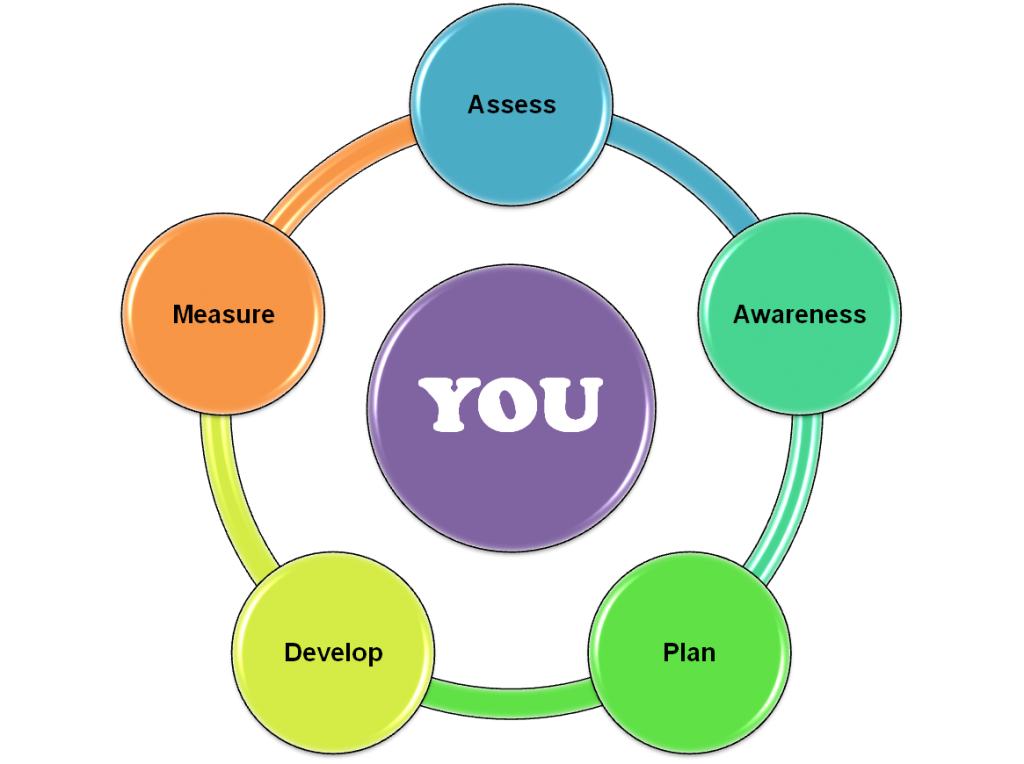Becoming a Leader
Being an achiever requires intelligence, knowledge, and skill. Becoming a leader requires these elements, too, but leaders must also have Emotional Intelligence (sometimes referred to as EQ, for Emotional Quotient, or EI). EQ is what leaders use to motivate others and help them work together toward a common goal.
Daniel Goleman identified the five ‘domains’ of EQ as:
- Knowing your emotions (self-awareness)–This is the ability of knowing what drives you, your weaknesses, your values and goals and to have a keen understanding of their impact on others
- Managing your own emotions (self-regulation)–This involves controlling, and regulating, disruptive emotions and impulses in an ever-changing environment
- Motivating yourself–Being driven to self-achievement and self-improvement
- Recognizing and understanding other people’s emotions (empathy)–Being able to recognize the feelings of others when making decisions
- Managing relationships (social skills)–Being able to work with others in a range of settings to move people in a desired direction
Numerous studies show a significant correlation between EQ and business outcomes–whether it be increased sales, lower safety infractions, growth of executive capabilities, or lower rates of employee grievances. What are you doing to increase the emotional intelligence of your staff?
If you don’t have a plan to increase emotional intelligence, first assess where you are today, create an awareness of EQ in your staff, make a plan (SMART), develop your staff, and measure the outcome.
- Becoming A Leader
- Assess
- 360° Feedback, DISC, MBTI, EQ
- Awareness
- Coaching (group and individual)
- Plan
- SMART
- Develop
- Coaching (group and individual)
- Measure
- 360° Feedback
- Assess




